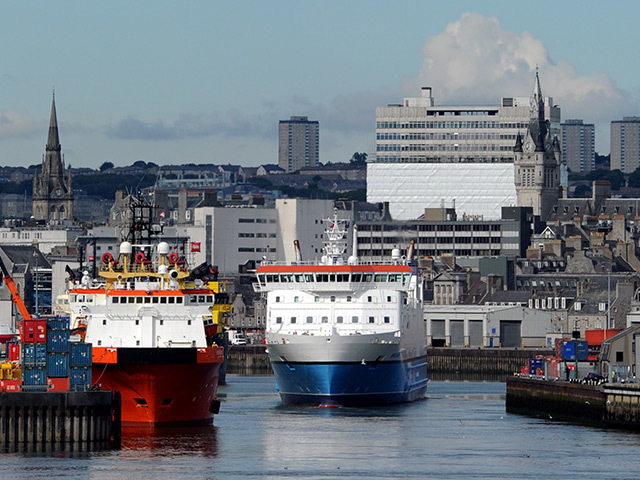
Industry bodies have called for action to help businesses grow and become more competitive in light of the latest spending and revenue figures.
The Scottish Chambers of Commerce said the economy can and should be performing better, after the Government Expenditure and Revenue Scotland (GERS) report revealed a £14.8 billion deficit in Scotland.
Chief executive Liz Cameron said: “We need our governments in Holyrood and at Westminster to focus, now more than ever, on the basics that our businesses need: a fair deal on taxation, investment in skills for our future, and in our transport and digital infrastructure and services.
“The GERS report is a wake-up call that must be heeded.”
Claire Mack, of the Scottish Council for Development and Industry, said: “These GERS figures highlight our challenging fiscal position and the need to prioritise increasing productivity, innovation, and internationalisation of businesses across every sector of the economy.
“The impact of the low oil price and lower growth highlights the need to ensure businesses are able to take the steps necessary to improve their competitiveness if they are to endure in this new environment – especially with the prospect of Brexit.”
Others warned of the precarious position of Scotland’s finances.
Daniel Mahoney, of the Centre for Policy Studies, said new figures on oil revenues should concern those pushing for Scottish independence.
“With independence, the Scottish Government would have to take on the burden of a high budget deficit, which would inevitably lead to a combination of fiscal instability, higher taxes and a cut in government spending,” he said.
Alastair Cameron, director of the pro-union group Scotland in Union, said: “We were told an oil boom would fund independence but this has been exposed as fantasy and never again will Scots listen to those who argue we should risk our future on such a volatile commodity.
“Now those pushing for another referendum have to be honest about the economic consequences of independence and explain how they would meet Scotland’s deficit.”
Professor Graeme Roy, director of the University of Strathclyde’s Fraser of Allander Institute, said the oil figures were likely to be the “new normal” given the long-term outlook for the oil and gas sector.
“Finding ways to replace this lost revenue, and associated economic activity, is key, not just for the future constitutional debate in Scotland, but the long-term prosperity of Scotland,” he said.
Paul Brewer of PwC said: “While the GERS figures are in line with expectations and they show a large hypothetical deficit I think what’s more important is that they raise questions about the future.
“Some of these tax revenue variations are going to become real as the Scotland Act 2016 is implemented.
“This is going to mean that Scotland’s economic performance is going to be increasingly important in determining future tax revenues.”
